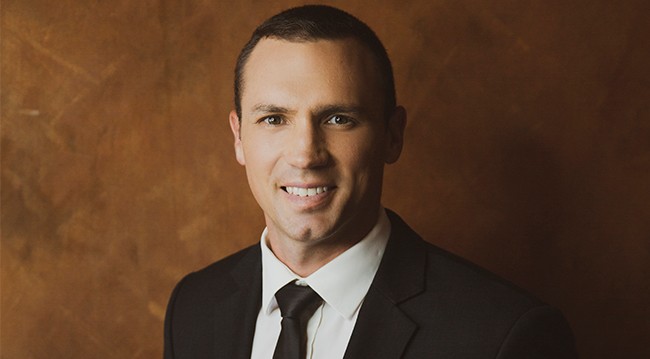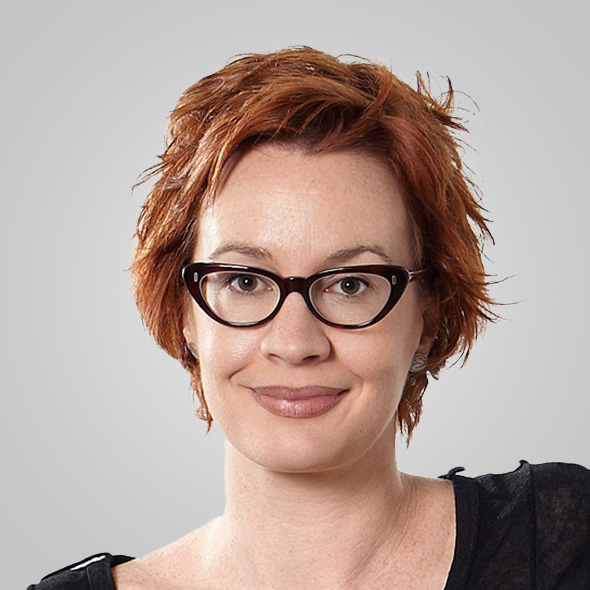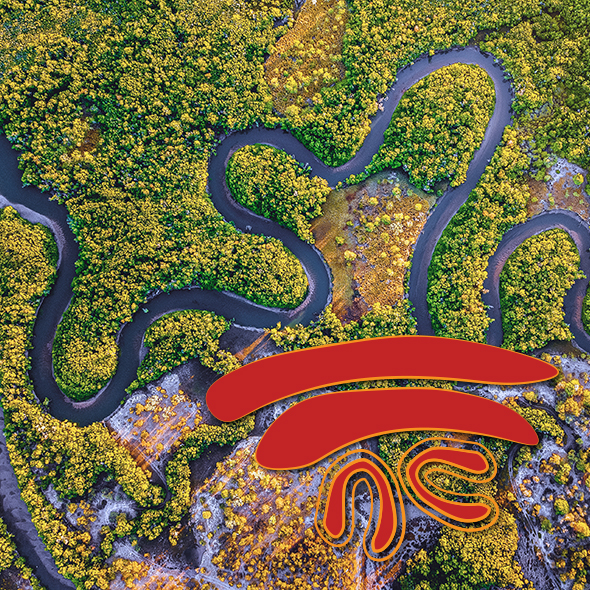In celebration of this year’s NAIDOC Week, we speak to two graduates of AICD’s Company Directors Course — Gaangalu man Dr Shea Spierings GAICD and Wiradjuri man Brendan Dumbrell — about the impact the course has had on their career and what this year’s theme, “Keep the Fire Burning! Blak, Loud and Proud”, means to them.

Dr Shea Spierings GAICD
Dr Shea Spierings GAICD is a Gaangalu man and research fellow at ARC Centre of Excellence for Indigenous Futures administered by the University of Queensland. He is also the deputy chair of Country to Coast Queensland, a board member of Health and Wellbeing Queensland, and a board member of Metro North Hospital and Health Service.
Tell us about your career to date and its intersection with governance.
I started off working in hospitality, construction and security before I decided to pursue a tertiary education. I would eventually find myself in a career in Indigenous health research. I’ve had the good fortune to meet many good people and gain some great mentors who, over time, encouraged me to consider the direction of company director roles. I now sit on three boards, and thoroughly enjoy seeing the real-world impacts of our strategic discussions and decisions in communities across Queensland.
What impact has completing AICD's Company Directors Course had on your approach to leadership and governance? Has your role on First Nations and non-First Nations boards evolved since completing the course?
In 2020, I received the Aspiring Indigenous Leaders Scholarship to undertake the Foundations of Governance Course with AICD and, in 2021, I was successful in applying for the Indigenous Leaders Scholarship Program to undertake the Company Directors Course.
My primary learning from the Company Directors Course was the distinction between ineffective governance or governance for the sake of keeping things rolling along, and actually driving performance by ensuring effective governance through mechanisms and processes that address the contemporary strategic environment and demands facing organisations.
Can you share a significant challenge you’ve faced in your leadership journey and how you overcame it?
I’m not sure I can point to any one significant challenge, because I’ve endured a few throughout my career and across various roles, but an important consideration for any company director is clearly articulating the logic or reasoning behind ideas or matters that you raise to enable robust board discussions. I believe this is an important skill that is sometimes underappreciated, because it requires contextualising matters strategically as you pose them to your board in the best interest of the organisation you govern.
What does this year’s NAIDOC Week theme — “Keep the Fire Burning! Blak, Loud and Proud”— mean to you?
For me, this year in particular is about considering our cultural governance mechanisms back in Central Queensland to understand how they inform formal governance processes in organisations. A lot of community members hold no formal roles in governance, but play very significant roles in governing communities and determining the strategic directions of organisations. I’m very fortunate to be able to share some of my learnings and knowledge around corporate governance with others back home. However, some formal governance processes or procedures don’t necessarily have application in our cultural contexts, so it's important to understand the limits of what we can achieve in a boardroom setting before looking to our cultural processes and mechanisms to determine what's suitable to manage or organise our communities.

Brendan Dumbrell
A Wiradjuri man from the Southern Tablelands of NSW, Brendan Dumbrell is vice chair and a non-executive director of Umpi Korumba, a community-based housing corporation for Aboriginal & Torres Strait Islander families, and managing director at JY Australia, an Indigenous and veteran-owned professional service provider.
Tell us about your career to date and its intersection with governance.
I spent almost 20 years serving Australia in the Royal Australian Navy and the Queensland Fire and Rescue Service. I wanted to continue serving after my operational career by making an impact at scale through governance.
I assumed the role of vice chair and non-executive director for the Umpi-Korumba Aboriginal and Torres Strait Islander Corporation in 2020. Umpi-Korumba is a not-for-profit, community-based housing organisation offering culturally appropriate housing assistance to Aboriginal and Torres Strait Islander families on Turrabul Country.
I also joined the board of JY Australia, an Indigenous and veteran-owned consultancy specialising in Defence professional services and Indigenous leadership and training programs.
What impact has completing AICD's Company Directors Course had on your approach to leadership and governance? Has your role on First Nations and non-First Nations boards evolved since completing the course?
AICD’s Company Directors Course has had a profound impact on my approach to leadership and governance. It’s provided me with the foundational knowledge and confidence to deal with governance issues and to implement a strong governance framework within JY Australia. It also positively impacted my involvement on boards, where I can effectively contribute and make sound governance decisions to benefit those organisations.
Can you share a significant challenge you’ve faced in your leadership journey and how you overcame it?
One significant challenge has been transitioning the JY Australia board from founders and shareholders to a skills-based board. As part of our company’s growth, our shareholders recognised the importance of having diversity of thought in the governance team. My role was to manage the change at the board and operational level to ensure the smooth operation of the organisation. This included interviewing applicants and communicating the change throughout the company. It was a significant undertaking, but one that has taken JY Australia to the next level.
What does this year’s NAIDOC Week theme — “Keep the Fire Burning! Blak, Loud and Proud” — mean to you?
This year’s NAIDOC Week theme allows me to reflect on how I plan to honour my ancestors’ contribution. To take the baton from them and take the opportunities afforded to me to create enduring intergenerational change for Aboriginal and Torres Strait Islander people.
Latest news
Already a member?
Login to view this content




.jpg)